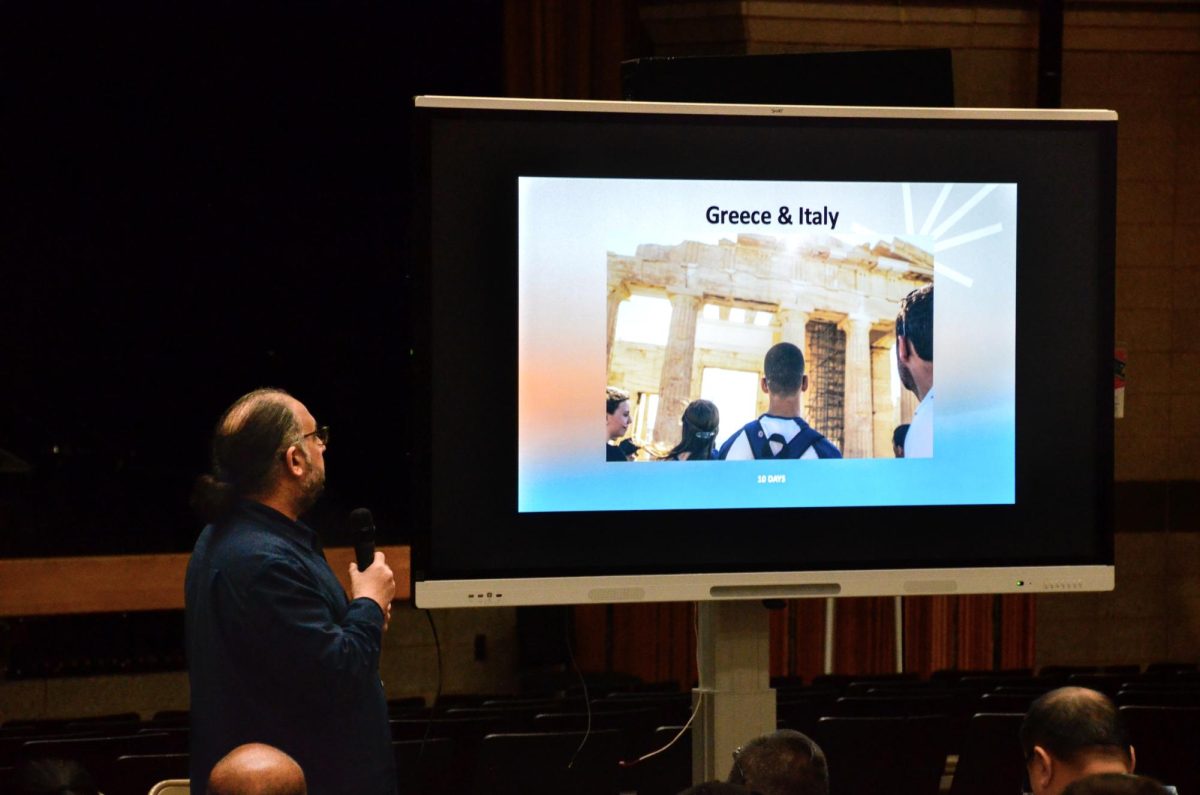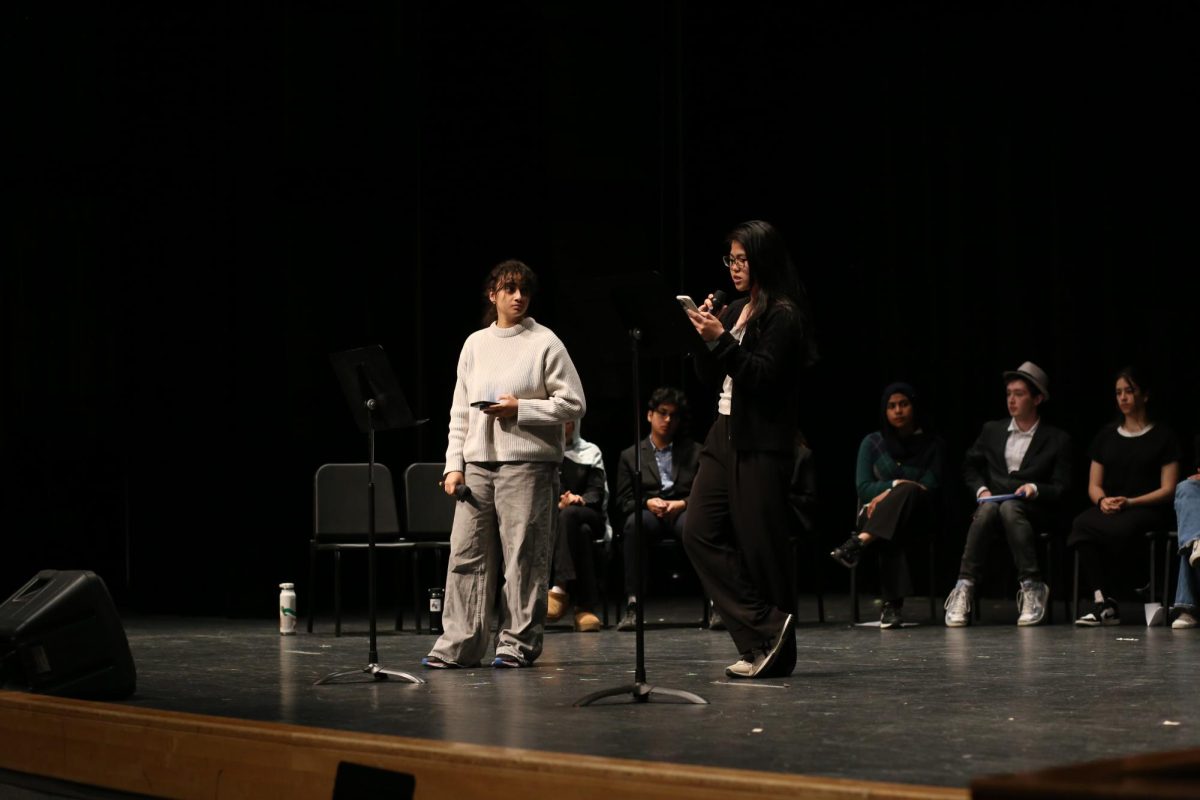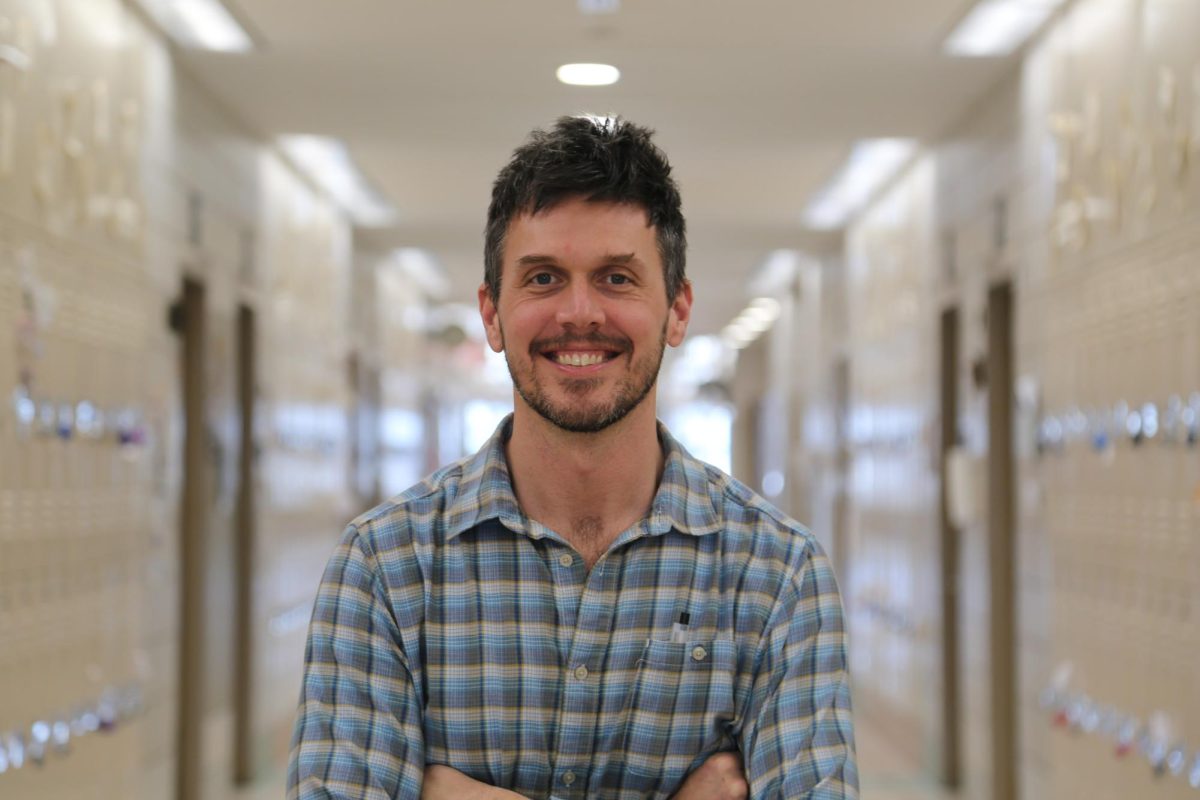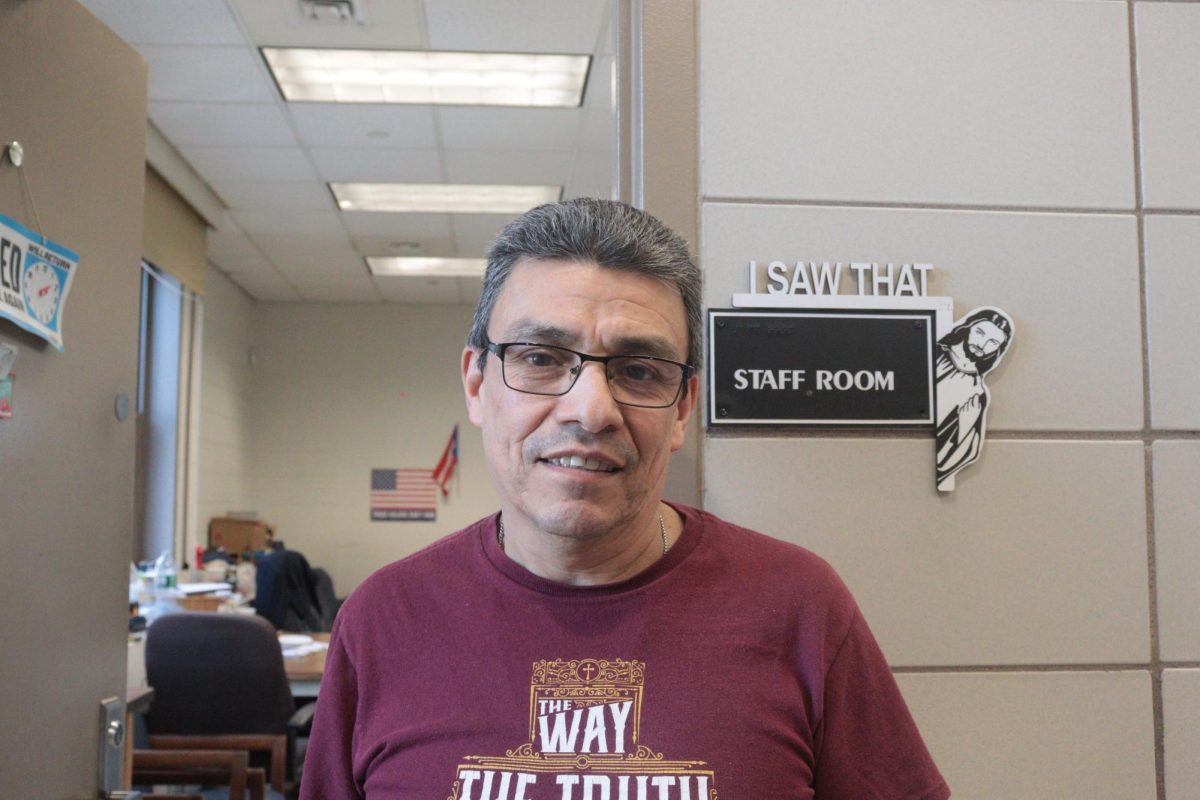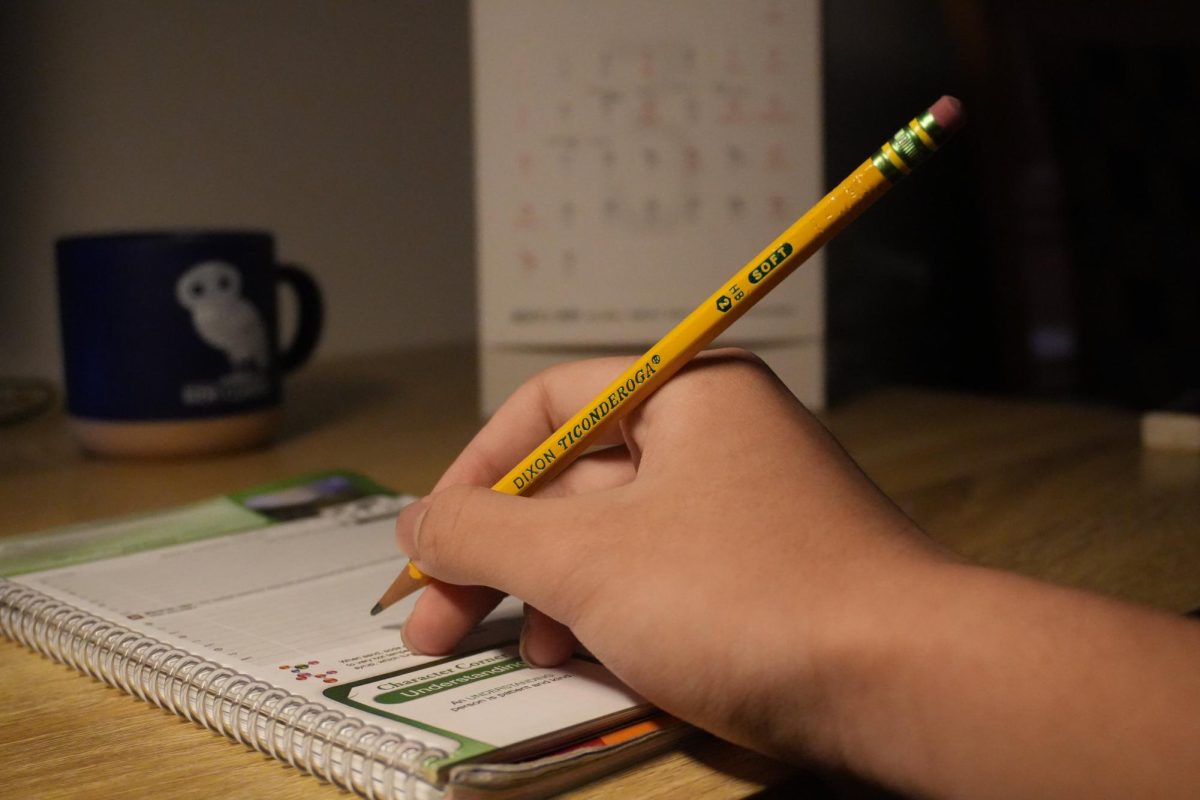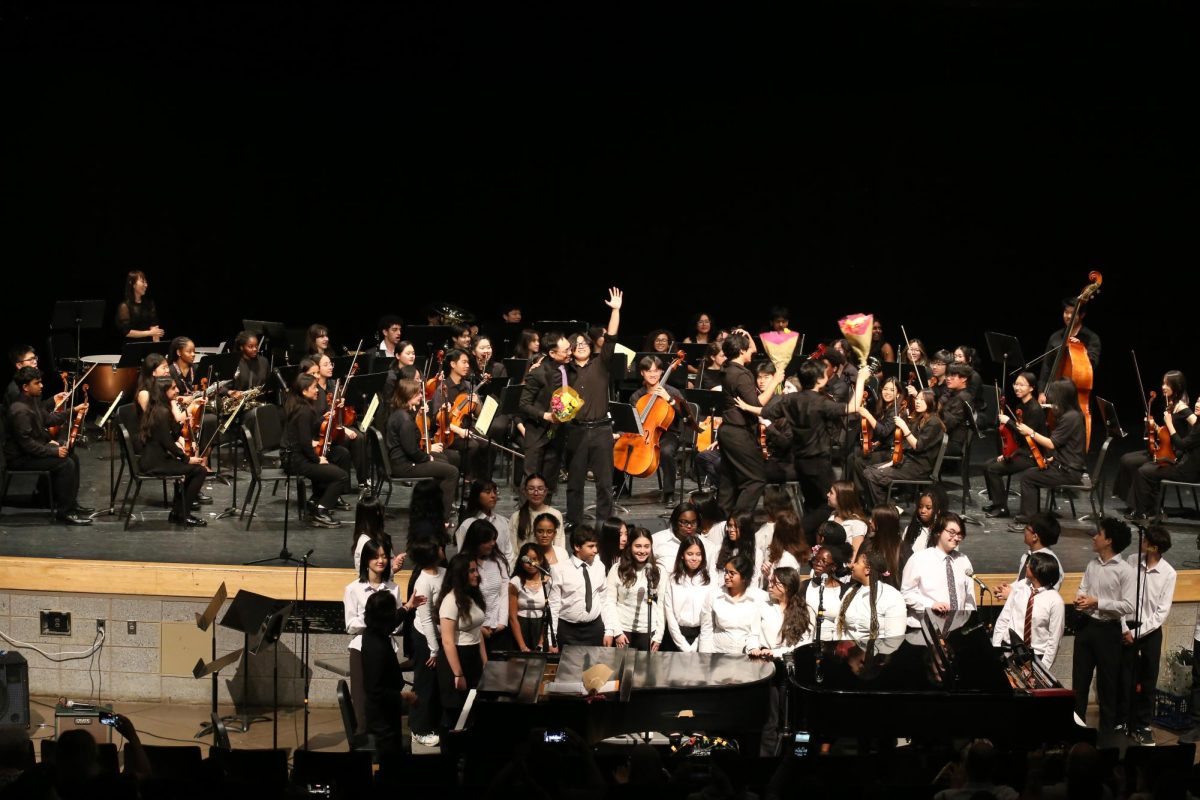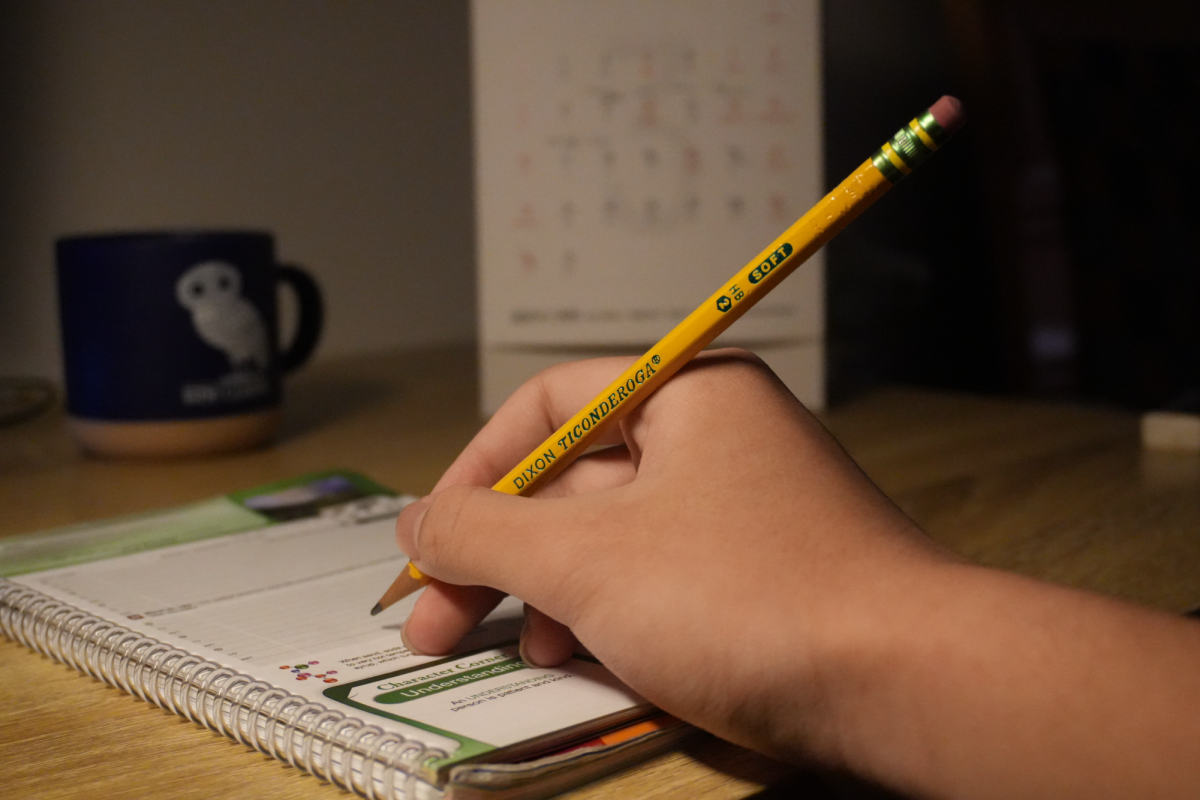
The most important thing about any school is the students that attend it. Townsend Harris, a school known for its focus on the humanities, has had a student body composed of nearly seventy percent females since its reopening in 1984. Many students question how this came to be, and some are wondering if gender stereotypes play a role.
Townsend Harris is one of the city’s schools that is unique in offering an extensive humanities program, including a variety of English, writing, history, and classical language classes. Eleanor Roosevelt High School and Baruch College Campus High School emphasize humanities as well, and both have a similarly high girl to boy ratio.
Other schools such as Stuyvesant, Bronx Science, and the High School of Math, Science, and Engineering focus more on science and math. The student bodies of Stuyvesant and Bronx Science are each nearly 60% male. Math, Science, and Engineering is 65% male.
Some students believe these demographics are a reflection of essential differences between each gender.
Senior Anthony Chiarenza observed, “Townsend has this funky girl to boy ratio because a humanities curriculum attracts more girls than the science based curriculum of so many other high schools.” He added, “Most people earning science degrees are still male.”
Junior Aayush Beri said, “Males outnumber females in medicine, and females outnumber males in social work. What does that tell you? Males seem more science-oriented, and females more [oriented towards] humanities and the arts.”
Other students disagree and believe that it is not the gender that determines the fields in which students succeed.
Senior Stephanie Loo said, “I don’t think one gender is smarter in certain subjects. In all of my classes, there are both guys and girls that excel. I think that girls are sometimes more diligent in their work and are more detail-oriented, which could explain the gap that exists here.”
Sophomore Eunice Baik also disagrees with the notion that one gender is better at a particular subject. She said, “I have found science to be one of my strengths, whereas I struggle more with humanities. I really think it ultimately depends on the person as an individual, regardless of their gender.”
When questioned about their ability to succeed in the scientific field, females generally argued against the age-old stereotype. Junior Janine Lim stated, “We have girls at THHS that are really good in science, and boys who are who really good in humanities. I think the imbalance is due to girls having more of an interest in humanities, but they are also really good in the sciences.”
Senior Kyle Su concluded, “Traditionally females were pushed away from studies and jobs in math and science, and were encouraged to pursue a more liberal arts education. Even now, there are still stereotypes about women in science and engineering. It’s not that women are bad at math or science; they were pushed away from those subjects years ago, and to this day, we still haven’t fully dissolved the stereotype that women are good at english and history, and men are good at math and science.”




